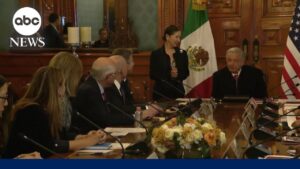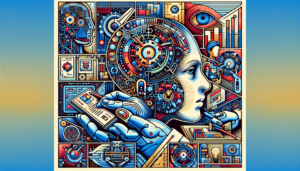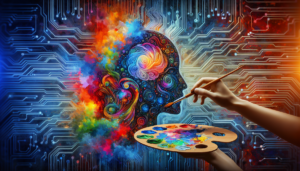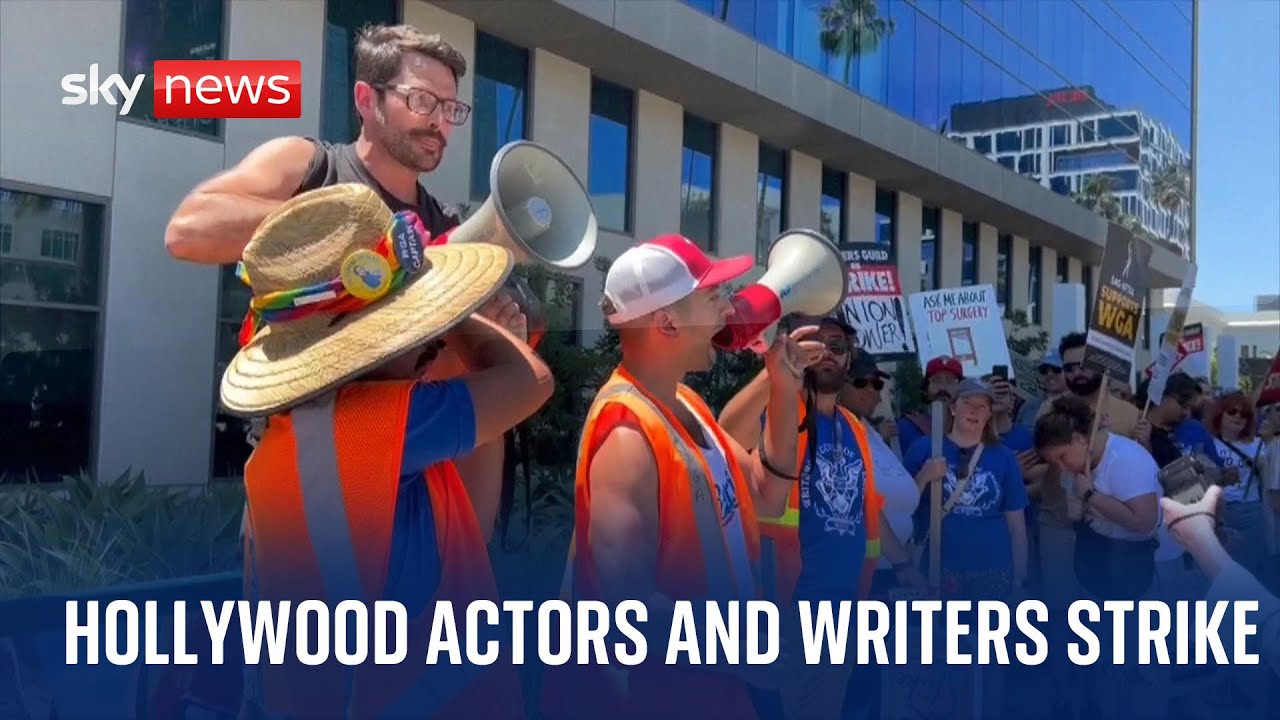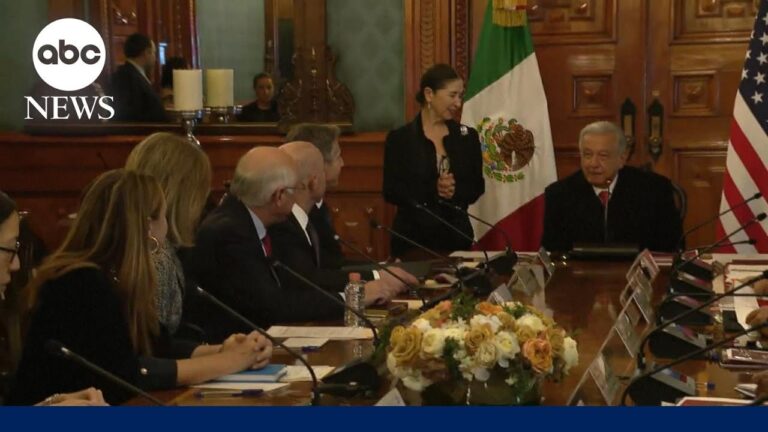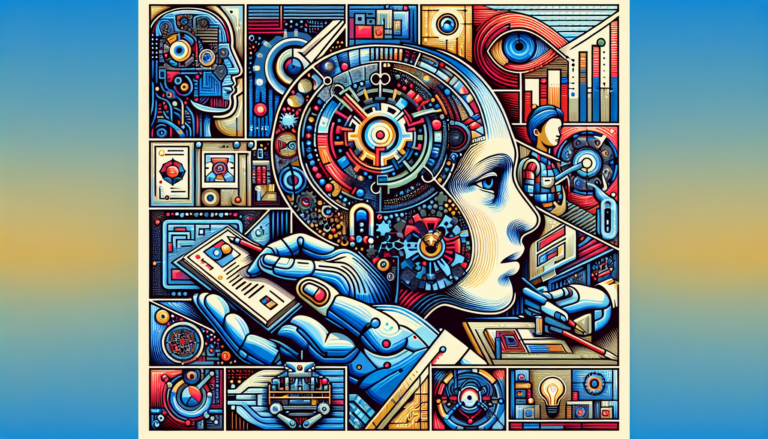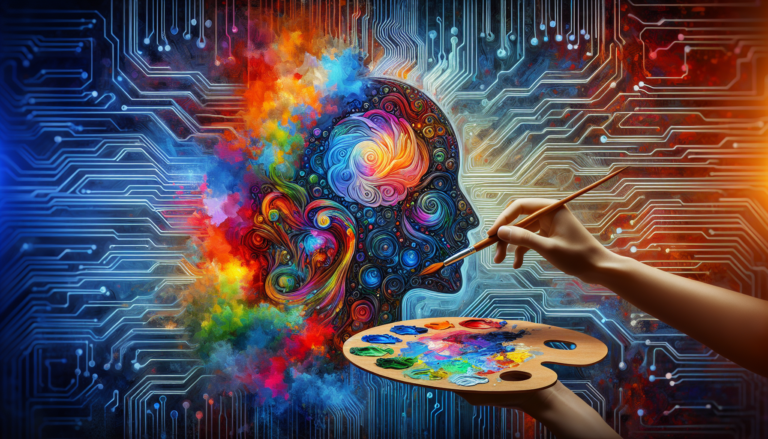The Hollywood film and TV industry is about to face a major setback as both actors and writers have announced their decision to go on strike. This unprecedented move marks the first time in 63 years that both SAG-AFTRA and WGA will be on strike simultaneously. The writers have been diligently protesting for the past two months, and now the actors are joining them in solidarity. The stakes are high as negotiations with production companies have failed over royalty payments and concerns about the rise of artificial intelligence, which actors fear may threaten their jobs. The strike is a bold statement, with the union president emphasizing that they are the victims in this situation and have been mistreated by a greedy entity. As news of the strike spreads, even actors like Killian Murphy and Emily Blunt have walked out of premieres in support. While streaming giants like Netflix and Amazon argue that they have offered fair deals, the two sides seem further apart than ever, leaving Hollywood’s future in limbo. With the industry still recovering from the pandemic and an economic crisis, it remains to be seen who will blink first in this high-stakes standoff.
Background
Introduction
You might have heard the news that Hollywood is facing a major strike, with both actors and writers walking out. This is an unprecedented event, as it marks the first time in 63 years that both SAG-AFTRA (the Screen Actors Guild – American Federation of Television and Radio Artists) and WGA (the Writers Guild of America) are on strike simultaneously. The decision to go on strike has significant implications for the industry and raises important issues that have been debated for months.
Reasons for the strike
The strike by actors and writers is not a decision taken lightly. It is a response to longstanding grievances and concerns within the industry. One of the primary reasons for the strike is the issue of royalty payments. Actors argue that these payments are pitiful compared to the massive profits generated by the film and television industry. They believe that they deserve a fair share of the revenue their work generates.
Another major concern is the rise of artificial intelligence (AI) in the industry. Actors fear that their jobs may be at risk as AI technology becomes more advanced and capable of replacing human actors. They worry that their livelihoods and creativity will be compromised by these developments.
Timing of the strike
The timing of the strike is also significant. The industry is still reeling from the effects of the COVID-19 pandemic and the subsequent economic crisis. Many productions were put on hold or canceled, leading to financial hardships for actors and writers. The strike amplifies the challenges faced by the industry and adds another layer of uncertainty to an already fragile situation.
Implications of the Strike
Shutdown of Hollywood
The strike will effectively shut down Hollywood, bringing the film and TV industry to a grinding halt. This means that major productions will be put on hold, causing financial losses for studios, production companies, and the entire ecosystem of professionals who rely on these projects for employment. The impact of this shutdown will be felt throughout the entertainment world.
Impact on TV and Film Industry
The strike sends a strong message about the issues plaguing the industry. It highlights the discontent among actors and writers and their determination to fight for better working conditions and compensation. The industry will have to address these concerns to ensure a more equitable and sustainable future.
Length of the strike
The duration of the strike remains uncertain. Both actors and writers have shown resilience and a willingness to continue the strike for as long as it takes to achieve their goals. This determination reflects their strong belief in the justice of their cause and the need for fundamental changes in the industry.
Support for the strikers
The strikers have garnered substantial support from within the industry and beyond. Many fellow actors, writers, and industry professionals have expressed solidarity with their cause and joined them in their fight for fair treatment and compensation. This support demonstrates the widespread recognition of the issues at hand and the need for systemic change.
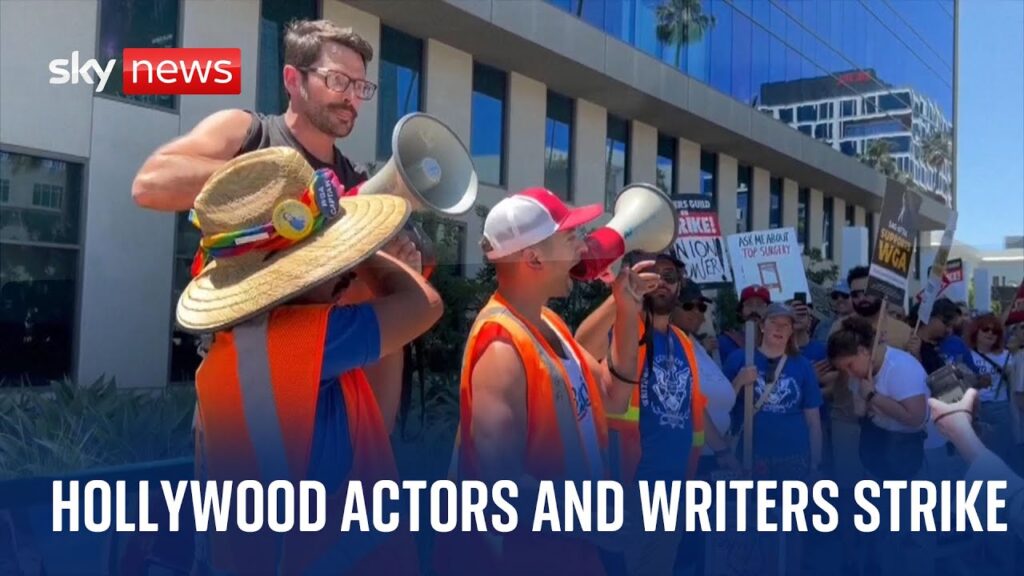
Actions by Writers and Actors
Writers’ strike duration and progress
The writers’ strike started two months before the actors joined, demonstrating their commitment to addressing their concerns. Throughout these months, writers have shown dedication and resilience, tirelessly advocating for their rights and fair treatment. Their actions have laid the groundwork for actors to take a united stand alongside them.
Actors joining the strike
The decision of actors to join the strike represents a significant escalation in the movement. Actors bring their words to life and play a crucial role in the creative process. Their participation amplifies the impact of the strike and adds more pressure on the industry to negotiate and address the grievances of both actors and writers.
Resilience and determination of the unions
The unions, SAG-AFTRA and WGA, have shown great resilience and determination in their fight for improved conditions. They have effectively mobilized their members, coordinated strike actions, and engaged in negotiations with production companies. Their unwavering commitment to their members’ rights and well-being is noteworthy and demonstrates the strength of unity among unions.
Negotiations and Demands
Issues with royalty payments
One of the key demands put forward by the strikers is fair royalty payments. Actors argue that their contributions to the industry are undervalued, considering the astronomical profits generated by successful films and TV shows. They believe that a fairer distribution of revenue is essential to acknowledge their creative contributions and ensure their financial security.
Concerns about artificial intelligence
The rise of artificial intelligence poses a significant challenge for actors. They fear that AI technology may replace human actors, leading to a decline in job opportunities and creative control. The strikers demand protections and safeguards to ensure that AI is used responsibly and that human actors’ roles remain essential in the industry.
Union president’s announcement
The announcement of the strike by the union president sent shockwaves through the industry. It was a clear signal that the strikers had reached their breaking point and were no longer willing to accept the status quo. The president’s statement emphasized that the union members see themselves as victims of a greedy entity and are determined to achieve justice and fairness.
Perceptions of being victimized
The strikers strongly believe that they are victims of an industry that undervalues their contributions and exploits their talents. They feel treated unfairly and taken advantage of by production companies and other entities within the industry. Their fight for better conditions is driven by a desire to be respected, valued, and fairly compensated for their work.
Reactions and Walkouts
Actors’ reaction to the strike
The reaction of actors to the strike has been mixed. While many support the strike and believe in its cause, others may have reservations or concerns about the potential consequences. However, the overall sentiment among actors is a shared recognition of the need for change and the importance of standing in solidarity with their colleagues.
Prominent actors walking out
The confirmation of the strike led to the notable walkouts of prominent actors, including Killian Murphy and Emily Blunt, during the Oppenheimer Premiere in London. Their decision to join the strike publicly underscores the significance and gravity of the issues at stake.
Streaming giants’ response
Streaming platforms like Netflix and Amazon have responded to the strike, stating that they have put forth fair deals and that the actors’ demands are unrealistic. This response highlights the differing perspectives between the industry and the strikers, further complicating the negotiation process and widening the gap between the two sides.
Differences between the two sides
The strike has revealed stark differences between the actors and writers on one side and the production companies and streaming giants on the other. These differences revolve around issues of compensation, creative control, and the future of the industry. Bridging these gaps will require constructive dialogue and compromise from all parties involved.
Challenges and Recovery
Pandemic and economic crisis impact
The strike comes at a challenging time for the industry, as it continues to recover from the devastating impact of the COVID-19 pandemic and the subsequent economic crisis. The pandemic led to the halt or cancellation of numerous productions, causing financial losses and uncertainty. The strike further exacerbates these challenges and prolongs the recovery process.
Competition among streaming platforms
The rise of streaming platforms has intensified competition within the industry. As more platforms emerge and vie for viewers’ attention, the demand for original content has skyrocketed. This competition poses both opportunities and challenges for actors and writers. The strike adds another layer of complexity to this landscape, as the industry grapples with finding a balance between profitability and fair treatment of its workforce.
Resolution of the strike
The resolution of the strike remains uncertain. It requires a willingness from all parties involved to engage in constructive negotiations to address the concerns raised by the strikers. Finding common ground and reaching compromises will be key to averting further damage to the industry and ensuring its long-term sustainability.
Conclusion
Assessment of the strike’s impact
The Hollywood strike has had a profound impact on the industry, bringing both film and television production to a standstill. It has highlighted significant grievances and concerns shared by actors and writers regarding fair compensation and the rise of artificial intelligence. The strike has intensified the dialogue surrounding these issues and captured the attention of industry professionals and the public alike.
Future prospects for Hollywood
The strike has crucial implications for the future of Hollywood. It has demonstrated the determination and resilience of actors and writers in fighting for their rights and fair treatment. As negotiations continue and the industry recovers from the pandemic, the outcome of the strike will shape the trajectory of Hollywood, influencing the relationship between talent and production companies, the role of AI in the industry, and the overall sustainability and ethics of the entertainment world.



